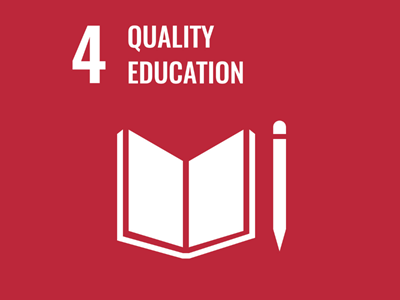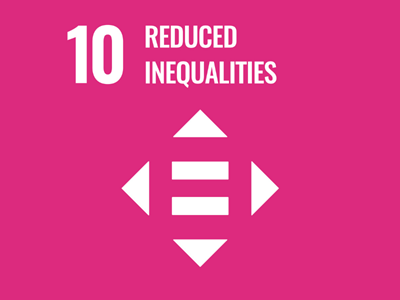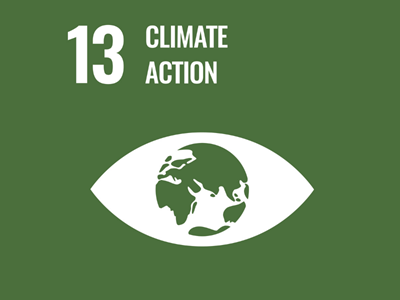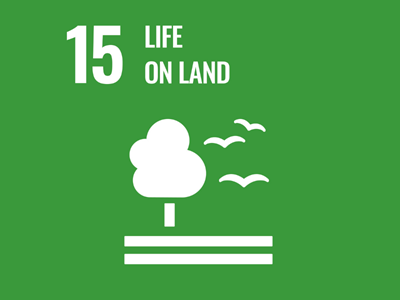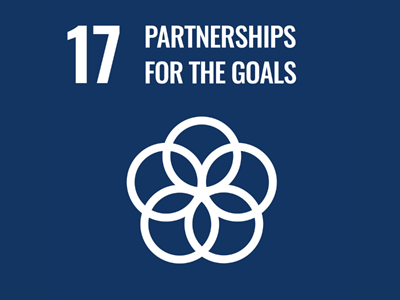About the Project
MozambES - MozambES: Payments for mangrove ecosystem services in Mozambique
70% of Mozambicans depend on natural resources for their livelihoods. For poverty to decrease, growth must become more inclusive, and solutions that promote sustainable management of natural resources by rural communities must be found.
Thus, rural poverty, community rights and land management cannot be ignored for resource conservation. Sofala Province (SP) is especially vulnerable to extreme climatic events, holding of the most productive mangrove ecosystems in the country.
This project aims to improve rural livelihoods of those highly-resource dependent and vulnerable communities by promoting sustainable management of urban/peri-urban mangrove ecosystems.
By collaborating with local communities and NGOs and taking advantage of their experience in the field, we place rigorous research at the service of the local communities and authorities, accounting for the cultural and socioeconomic diversity of the region.
For sustainable development, we first estimate the economic value of mangrove Ecosystem Services, and then implement a Payments for Ecosystem Services (PES) scheme at a selected site targeting natural resource conservation/restoration and socioeconomic goals. Multiple benefits are expected, not only on biodiversity, carbon sequestration, water quality, but also by protecting human lives and assets against storms.
Additional social benefits can also be obtained from improved rural cohesion, rural employment, and knowledge/skills transfer to local communities. By fostering human development locally, the PES is expected to increase income generation, gender equality and food security, contributing to decrease undernourishment, and infant and child mortality.
Thus, this project can be taken as a timely contribution to improve the quality of life of those populations and is expected to provide long-lasting beneficial outcomes.
Impact:
After identifying a few mangrove sites (urban and peri-urban) representative of the diversity of the region and upon which local populations depend, the benefits provided by those ES will be estimated using economic valuation methods. Second, a PES scheme for conservation/restoration will be implemented at a selected site chosen among those previously identified in close collaboration with our local partners and representatives.




